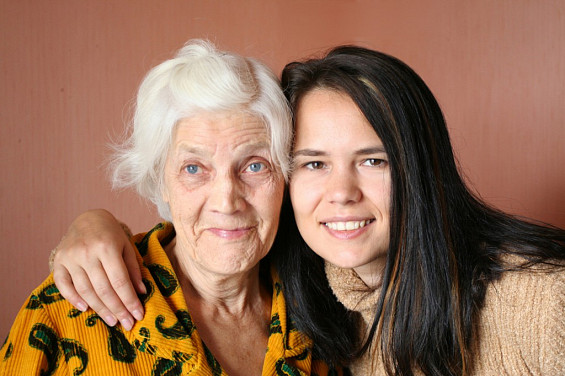Hernias, though often associated with physical strain and age-related weakening of tissues, become a notable concern as individuals enter their golden years. In the elderly, where the body undergoes natural wear and tear, hernias can present unique challenges. Let's delve into the nuances of hernias in the elderly, exploring causes, symptoms, and the importance of timely intervention in navigating this common yet impactful health issue.
 The unseen culprit:
The unseen culprit:A hernia occurs when an organ or tissue pushes through a weak spot or opening in the surrounding muscle or connective tissue. In the elderly, weakened abdominal muscles due to aging, previous surgeries, or other contributing factors create an environment where hernias can emerge. Common types include inguinal hernias (in the groin), umbilical hernias (around the navel), and hiatal hernias (in the upper stomach).
Ask questions regarding retirement homes to our experts
Hernias in the elderly often present with subtle symptoms that can be easily overlooked. Discomfort or a dull ache in the affected area, a noticeable bulge, and difficulty during activities like lifting or coughing may indicate the presence of a hernia. However, some elderly individuals may experience minimal or no pain at all, making regular screenings crucial for early detection.
Beyond age-related muscle weakening, factors such as chronic coughing, obesity, and straining during bowel movements can contribute to hernia formation in the elderly. Additionally, conditions that increase intra-abdominal pressure, like constipation or urinary difficulties, play a role in the development of hernias.
The importance of early detection and intervention cannot be overstated when addressing hernias in the elderly. Left untreated, hernias can lead to complications such as strangulation, where blood flow to the trapped tissue is compromised, causing severe pain and potential tissue damage. Surgical repair is the primary treatment for hernias, providing relief and preventing complications.
In addition to surgical intervention, adopting a healthy lifestyle can contribute to preventing hernias in the elderly. Maintaining a healthy weight, managing chronic conditions, and practicing proper lifting techniques are essential measures. Regular medical check-ups and screenings further support early detection and timely management.
Hernias in the elderly illuminate the intersection of aging and physical well-being. By understanding the causes, recognizing subtle symptoms, and emphasizing the importance of early intervention, we bridge the gap in addressing this common yet impactful health issue. Through a holistic approach that combines awareness, lifestyle modifications, and timely medical care, the elderly can navigate the challenges posed by hernias and embrace enhanced well-being in their later years.
Don't hesitate to contact us at 343 309 5289. We can help you choose the right establishment for you and assist you in your search.

Find a suitable senior residence